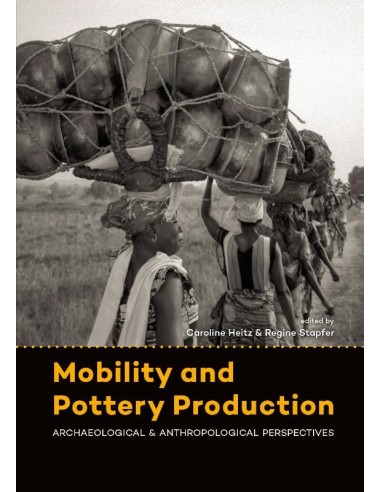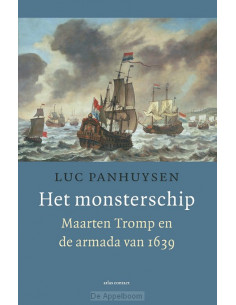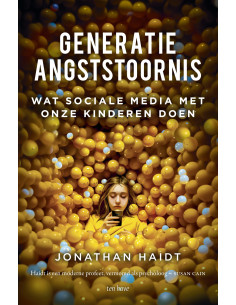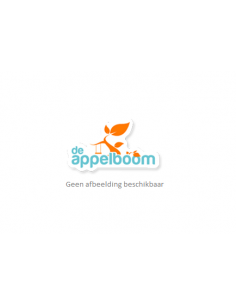Uw winkelwagen
Er zijn geen producten meer in uw winkelwagen
snelle levering verzendkosten binnen NL € 3,95 gratis bezorging vanaf €35,00
Mobility and pottery production
For many past and present societies, pottery forms an integral part of material culture and everyday practice. This makes it a promising case example to address human-thing-relations on a more general level, as well as social life itself. Humans organise their lives not only by engaging with materials and things but also by oscillating between movement and stasis. In these various rhythms of mobility - from daily subsistence-based movements to long-term migrations - things like ceramic vessels are crafted, but also act as consumer goods. From their production until their deposition as waste, grave-goods, collectibles etc. pottery vessels can move with their owners or be passed on and may thus shift between spatial, temporal, social, economic and cultural contexts.This volume unites contributions addressing such phenomena from archaeological and anthropological perspectives. Evolved from an interdisciplinary workshop held at the Institute of Archaeological Sciences (University of Bern) in 2015, the aim is not to promote one single epistemic approach or any elaborated empirical findings but to trigger thoughts and foster discussions.While the first part of the book contains introductory texts, the second part includes archaeological contributions that address mobility and social ties by focussing on variability in pottery production within, as well as between, settlements and regions. Taking a more object-centred perspective, they comprise attempts to think beyond established concepts of 'archaeological cultures' and chronological issues. The third part unites anthropological and archaeological texts that take more actor-centred perspectives of making, distributing and using pottery. These texts examine how humans and things are intertwined though practices and various rhythms of movement and mobility. Thereby it can be shown how cultural forms are reproduced but also transformed by humans and things, like pots, potters, pottery mongers and pottery users that are intermittently on the move.Contents:ForewordAlbert Hafner1. Changing perspectives, changing insights'Mobility and pottery production', what for? Introductory remarksCaroline Heitz, Regine StapferPrehistoric archaeology, anthropology and material culture studies: aspects of their origins and common rootsAlbert HafnerMaterial culture and mobility: A brief history of archaeological thoughtAstrid Van Oyen2. Object-centred perspectives: From 'cultures' and chronology to relations and mobilityThe Munzingen culture in the southern Upper Rhine Plain (3950-3600 BC)Loïc Jammet-ReynalFrom typo-chronology to inter- and intra site variety: the 'Michelsberg' pottery of South Germany (4300-3600 BC)Ute SeidelSocial dynamics and mobility: Discussing 'households' in Linear Pottery Culture research (6 ML BC)Isabel HohleSpecial pottery in 'Cortaillod' settlements of Neolithic western Switzerland (3900-3500 BC)Regine StapferCultural and chronological attribution of pottery on the move: from rigid time-space schemata towards flexible microarchaeological 'messworks'Eda Gross3. Actor-centred perspectives: Movements of making - mobilities of pots, potters, skills and ideasMovement in making: 'Women working with clay' in northern Côte d'IvoireIris KöhlerForm follows fingers: Roman pottery, the producer's perspective and the mobility of ideasNadja MelkoPractice, social cohesion and identity in pottery production in the Balearic Islands (1500-500 BC)Daniel Albero SantacreuMaking things, being mobile: pottery as intertwined histories of humans and materialsCaroline HeitzPots on the move become different: Emplacement and mobility of pottery, specific properties of pots and their contexts of useHans Peter HahnAfterwordPhilipp Stockhammer
No reviews

















